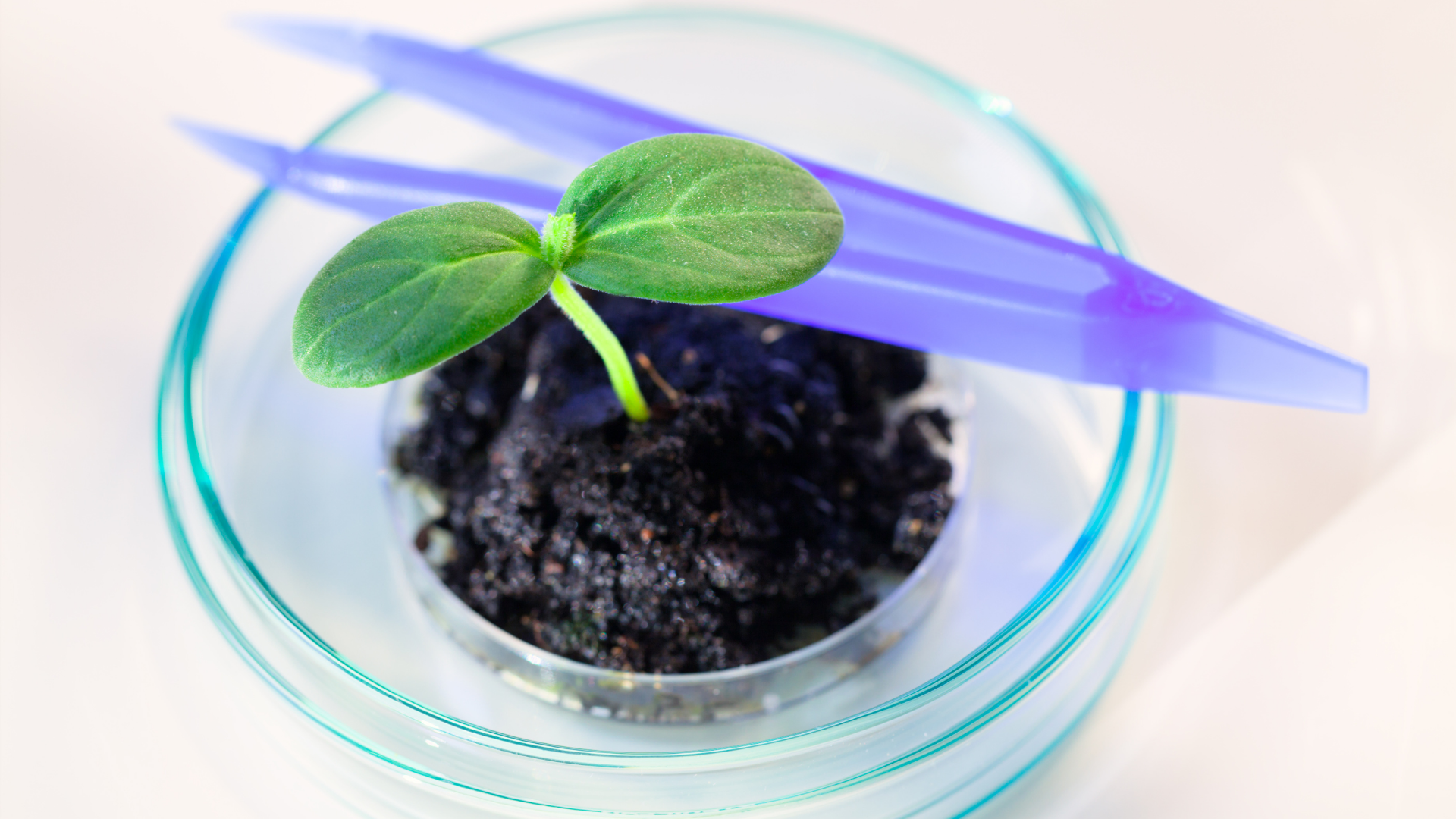When most people think of scientists, their minds conjure images of white lab coats or women hunched over microscopes in laboratories. In reality, scientists are a diverse group of thinkers and problem solvers who pursue a variety of fields using a variety of methods. Have you ever heard about biological science?
What Is Biological Science?
Biological sciences are a broad field that encompasses both the physical sciences (biology, biochemistry, and molecular biology) as well as the social and natural sciences (ecology, evolution, and paleontology). Biological scientists strive to ultimately understand how cellular functions work to improve human health ultimately. Biological science involves a lot of chemistry and physics, but a lot of biology, too. For this reason, the student of biology generally has to take a biology/chemistry/physics double major.
What Is the Importance of Analyzing Biological Science?
At first glance, biological science may seem unimportant, but it’s actually incredibly important. Biological science is essentially the study of life. By studying biology, scientists gain a better understanding of the living world. Scientists also learn valuable lessons about human biology and human disease by studying biological science. Biology is studied across several academic disciplines, such as cell and molecular biology, biochemistry, neurobiology, physiology, and microbiology. Although biological science is a vast, complicated subject, it’s extremely important to the entire world.
What Are Careers Related to Biological Science?
Biological Sciences is one of the broadest and fastest-growing areas of scientific study. A career in biological sciences can be a rewarding one, as scientists work to uncover the mysteries of life. Scientists look for patterns in the natural world, sometimes looking for patterns in numbers or patterns in the form of data. The biological sciences also tie in with technology in the sense that biologists study plants and animals in order to understand how life-forms work. Scientists specializing in biological science might do experiments like studying cell culture and how to grow plants in an artificial environment by providing proper nutrients, artificial lighting, and perhaps distilled water.
Biological science is a vast field with quite a few variations and specializations depending on people’s interests and choices in the field. Here are some careers in the biological science field:
- Doctor Seeing this subject the first career choice that may appear to many people’s minds is that of a doctor. Quite apparently, biological science degrees can be the first step toward becoming a doctor, dentist, or even a veterinarian. However, the candidates may still need to qualify MCAT (those interested may wish to see the MCAT checklist) or a similar exam to enter into a medical school.
- A Medical Technologist is a person whose training is in science and is applied in the medical field. Medical technologists work in all kinds of environments, from hospitals to private laboratories, and everything from microbiology to genetics is going to be part of their job. Professionals like them often take the help of lab information systems to ensure the smooth flow of lab work. LIS for molecular testing labs is a specialized software system designed to manage and streamline the processes involved in accurate sample testing. This allows the medical technologist to track samples throughout the testing process, from sample collection to test reporting. This ensures that samples are not lost or mislabeled and that the testing process is efficient and accurate.
- Cytotechnologists are scientists who conduct research on cells, tissues, and organs in living organisms. They study how cells work and how they perform useful tasks in the body, like helping the immune system combat infections. These scientists might leverage the resources and infrastructures of institutions such as LifeNet Health LifeSciences (https://lnhlifesciences.org/research-tissue) to conduct extensive research on organs and tissues.
- Forensic Biologists study the biology of the environment, human tissue, and animal organisms, with a focus on identifying and quantifying the microorganisms that are found in these materials. Though forensic scientists are traditionally associated with criminal investigations, the discipline of forensics biology is the science of identifying and quantifying biological organisms within the environmental, crime scene, biological, and medical materials. Forensic biologists contribute to many criminal investigations ranging from identifying biological evidence, determining the time of death, and interpreting toxicology. Forensic biologists are also increasingly incorporated into the preservation of historic artifacts, including archaeological artifacts.
- Business Biologists are biologists who have expertise in the business. Business Biologists are employed by chemical or pharmaceutical companies as well as other organizations to research and test new products.
- A biochemist is a person who studies the chemical elements, chemical compounds, and biomolecules in living organisms. Biochemists have a variety of jobs that include developing drugs, performing scientific research, and coming up with new treatments for diseases.
- Biotechnologists. A career in biotechnology is promising since it combines two booming fields: technology and biology. With breakthroughs such as CRISPR-Cas9 and gene editing, it is an exciting time for biotechnologists. Earning a degree in biochemistry, genetics, molecular biology, or another related field will give you the skills to help scientists tackle the world’s current and future health needs.
Biological science is one of the more fascinating fields in the world. Scientists study the human body and how it works, and they find exciting new ways to keep learning and answering difficult questions. Biological science is important because it affects just about every area of life. From food to disease, from cosmetics to manufacturing, all of this and more play a role in biological science.
